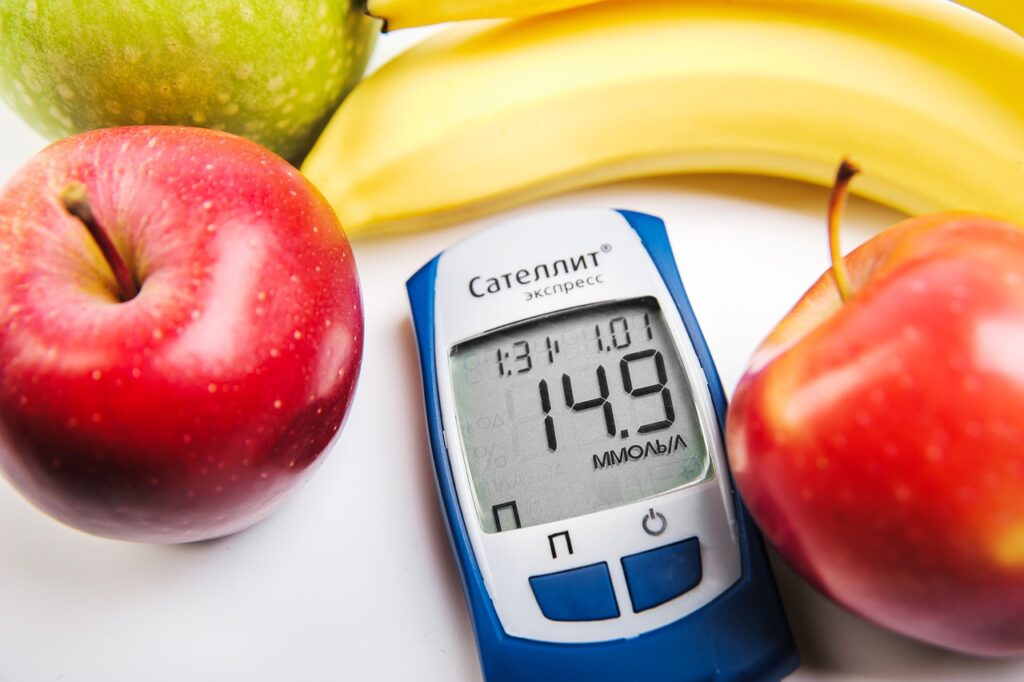Erectile dysfunction (ED), also known as impotence, is a common sexual dysfunction characterized by the inability to achieve or maintain an erection during sexual activity. ED can have psychological effects, impacting relationships and self-esteem. It can be caused by both physical and psychological factors such as stress, depression, or underlying health conditions.
While ED is often treatable, the choice of treatment depends on its underlying cause. Common treatments include oral medications (like Viagra), lifestyle changes, hormone therapy, and psychological counseling.
Before beginning EECP therapy, patients should:
- Undergo a thorough cardiovascular evaluation to assess their condition
- Avoid heavy meals before therapy sessions
- Remove any clothing and jewelry from the waist down as the cuffs will be placed on the legs
- Be prepared for therapy sessions that typically last for an hour, during which the patient will lie on a treatment table while the cuffs are applied
EECP therapy is typically performed in an outpatient setting. During the treatment, cuffs are placed around the patient’s legs, and air is pumped into them in sync with the heartbeat. This counterpulsation process increases blood flow to the heart by assisting the blood in flowing back to the heart, improving circulation and oxygen supply to the heart muscle. The therapy typically involves 35-hour-long sessions over several weeks.





